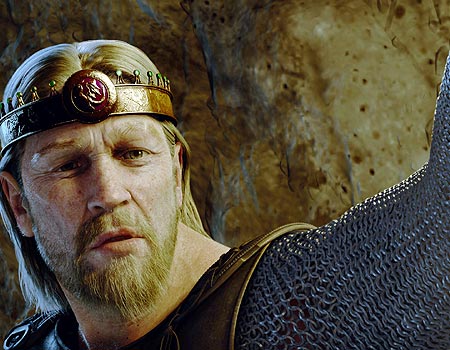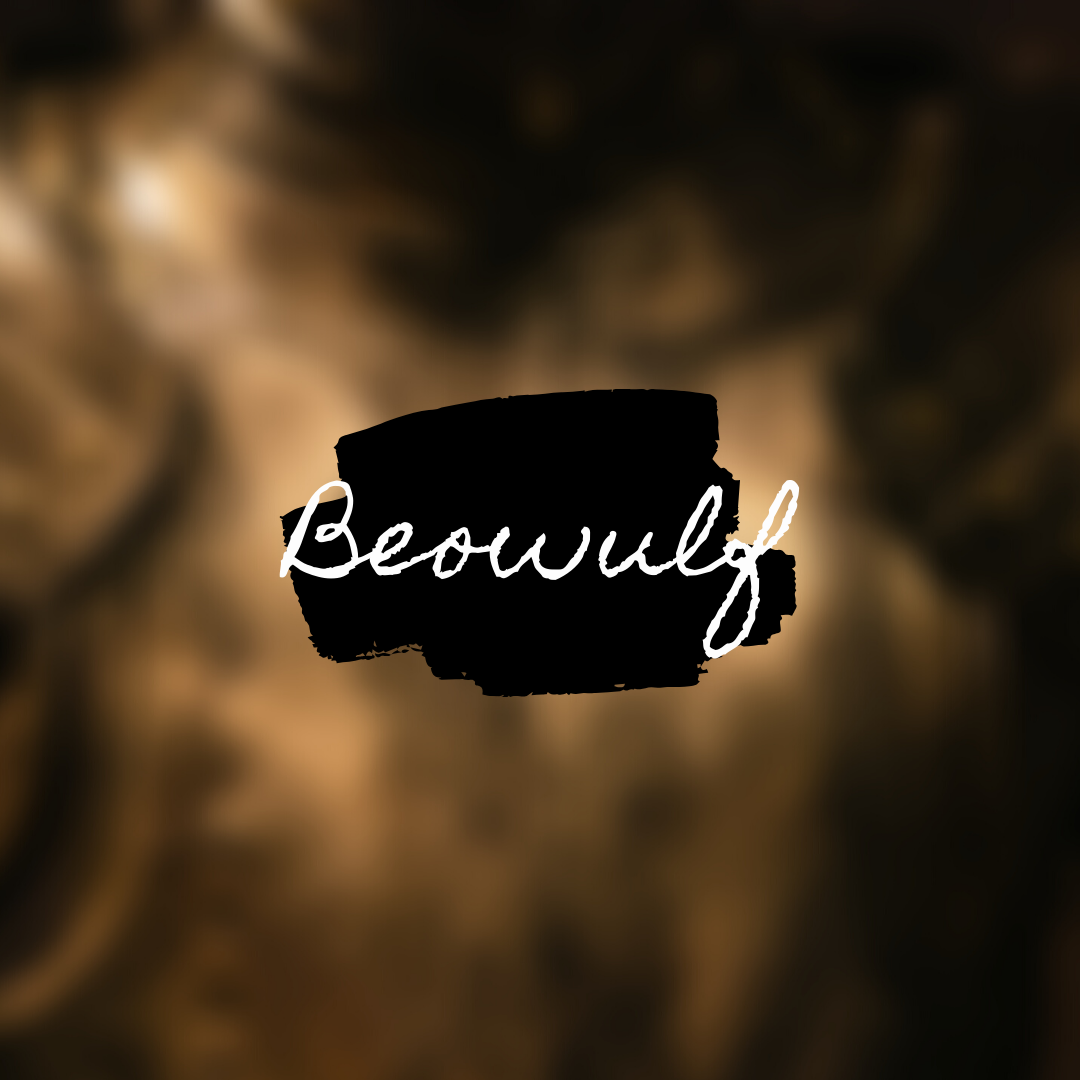

Sure enough, when they put the shackles on the wolf, he broke them with one kick. They decided to present the shackles to Fenrir as a game, an opportunity to let him show his strength. They began forging chains to hold Fenrir, but they knew better than to trust the strength of these chains. They were so terrified of the wolf that only one of them, Tyr, the god of justice, would approach him to give him food.Īs Fenrir continued to grow, the gods gave up on befriending him and decided to try to trap him instead. But their efforts were undermined by their true feelings towards Fenrir. They banished Jormungandr and Hel, but Fenrir was already too powerful to be banished.Īt first, the gods tried to raise Fenrir as one of them, hoping that they could win his loyalty. Of course, the gods of Aesir did everything they could to prevent-or at least delay-these prophecies from coming true. Fenrir’s role in Ragnarok was particularly terrifying he was expected to swallow Odin, the ruler of the gods. According to the prophets, Loki’s children would fight against the gods during Ragnarok, the apocalypse that would destroy Aesir, the kingdom of the gods. When Fenrir was young, prophecies began to emerge about him and Loki’s other children. StoriesĪlthough Fenrir doesn’t appear in very many Norse stories, he still plays a hugely important role in the fate of the gods. She was made goddess of the underworld, Niflheim, and was allowed to interact with the other gods from time to time.įenrir also had two sons of his own, Skoll, a wolf so large that he could swallow the sun, and Hati Hroovitinission, who could swallow the moon. Jormungandr was a giant serpent, who the gods banished to the sea. Unfortunately for the gods, Loki and Angrbooa had two other children-Fenrir’s brother, Jormungandr, and his sister, Hel. From Angrbooa, the wolf inherited his limitless growth and hatred of the gods. His mother was Angrbooa, a giantess of the jotunn race, who were sworn enemies of the gods. Undoubtedly, he god his shrewd intelligence and his taste for rebellion from his father. Related Charactersįenrir was fathered by Loki, the god of chaos.

Unfortunately, Fenrir’s unlimited strength meant that he would someday outgrow his restraints, no matter how strong they were, and break loose to wreak revenge on the gods. None of the gods dared to attack him outright, so they decided to try to restrain him instead. By the time the gods realized this, Fenrir had already grown to a monstrous size. Special Abilitiesįenrir had an ability that made him almost impossible to defeat: limitless growth. He destroyed everything in his path, having no mercy left in his warped heart. When he finally managed to break his bonds, he was evil incarnate. His dark thoughts and solitude drove him mad. For eons, Fenrir brooded over the gods’ cruelty and dreamed of revenge. He realized that the gods saw him as an enemy, rather than a friend, and that they would destroy him if they had the chance.Įventually, the gods succeeded in binding Fenrir to a boulder-a decision that made him into the terrible enemy they had always feared. He liked to show off his size and strength, and he took several risks to show the gods how powerful he was. The potential for evil was always there, but the gods themselves might have been responsible for fulling Fenrir’s heart with hatred and rage.Īt a young age, Fenrir was a vain creature. When Fenrir was just a pup, prophets began to predict that he would spread chaos and destruction through the Nine Worlds. When he reached his terrible adult size, his jaws were so large that they reached from the ground to the sky when he opened them. At birth, he was already considered a threat to the gods, and as he grew, it became clear that he would turn into a jotunn, or giant, among wolves.Īs an adolescent, Fenrir was so large that the drool and foam which spill from his mouth formed a river.


 0 kommentar(er)
0 kommentar(er)
